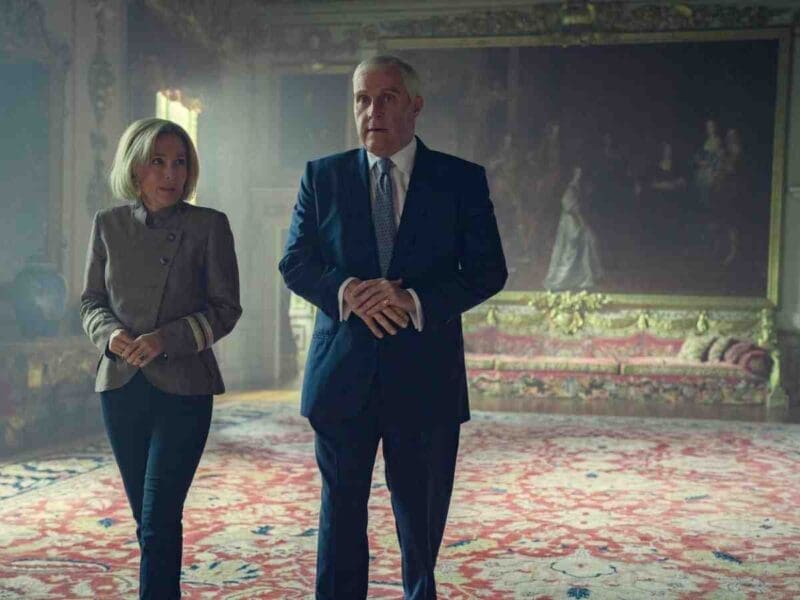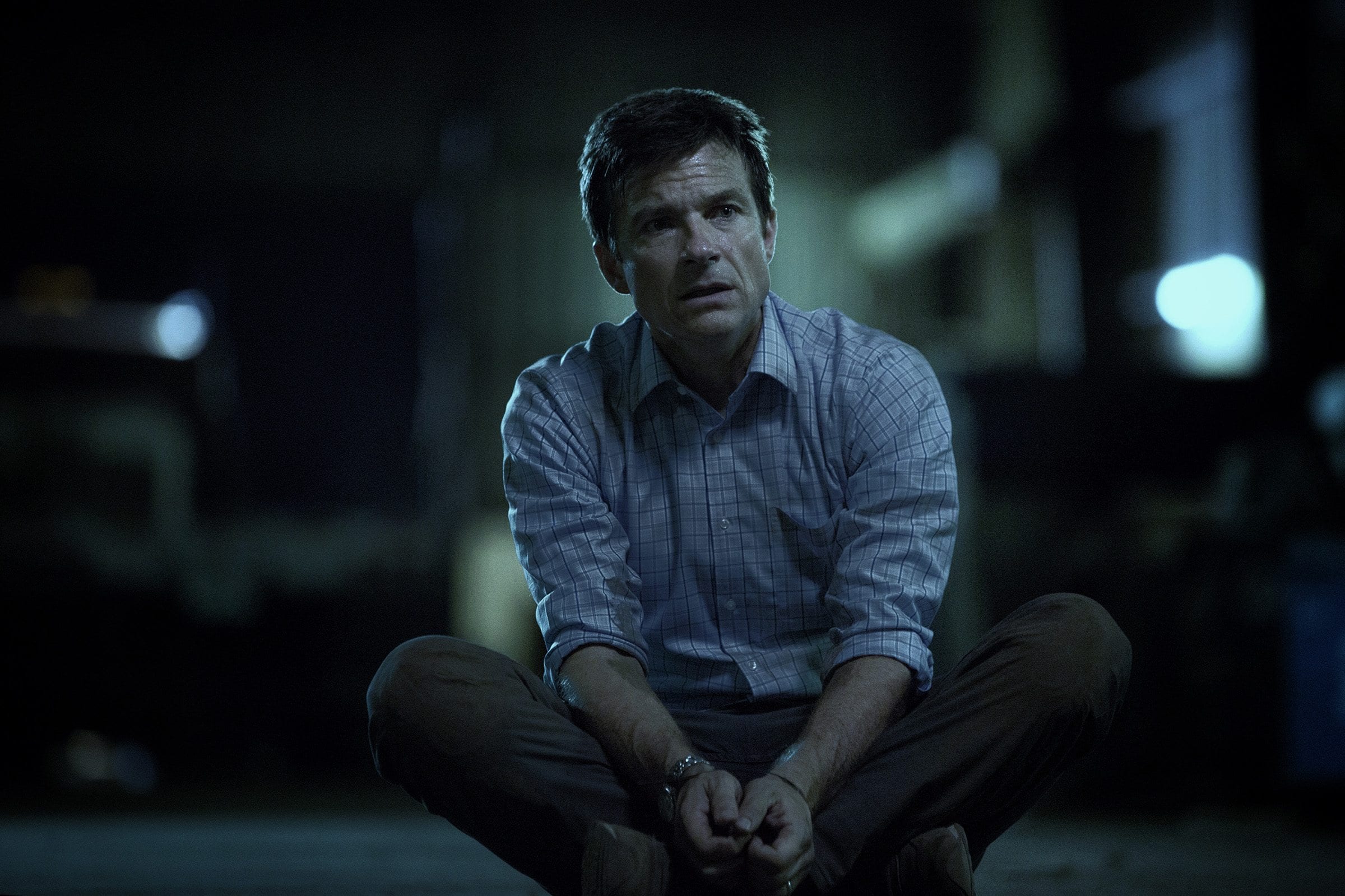
Nature is the true star of Netflix’s impressive ‘Ozark’
With its story about a seemingly innocuous family man sucked into a life of violent crime, disturbing uses of industrial acid, and cast of colorful small-town criminals, the new Netflix series Ozark might seem like a blatant attempt to fill the void left by Breaking Bad. But once you get past the surface similarities, Ozark shines as something special and inventive, an intense crime opera sitting at the cult edge of Netflix’s catalog where the scenery is as much the star as anyone in the cast.
In its pilot, that scenery is starkly divided between crime-fiction mecca Chicago and the sleepy yet majestic realm of the Lake of the Ozarks. Straddling these two worlds is Marty Byrde (Jason Bateman, who also directs the first two episodes), a financial adviser whose real wealth comes from laundering money for a major drug cartel.
But that all goes to hell when the cartel’s lieutenant Del (Esai Morales) rightfully suspects Marty’s partners are skimming off the top, unbeknownst to Marty.
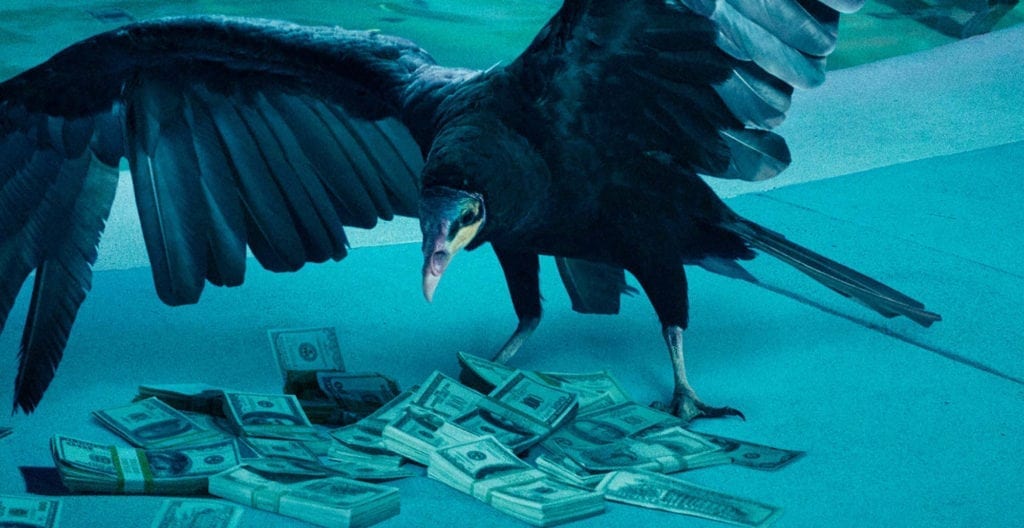
Marty only survives Del’s disciplinary action by concocting a scheme to massively improve the laundering operation’s efficiency by moving it out of the overly vigilant metropolis of Chicago and into the Lake of the Ozarks, a “cash-rich” realm where blue- and white-collar folk hobnob along an area with “more coastline than California”.
Del has a sneaking suspicion Marty is bullshitting to save himself, but he’s intrigued enough to give Marty a few months to make good on his word.
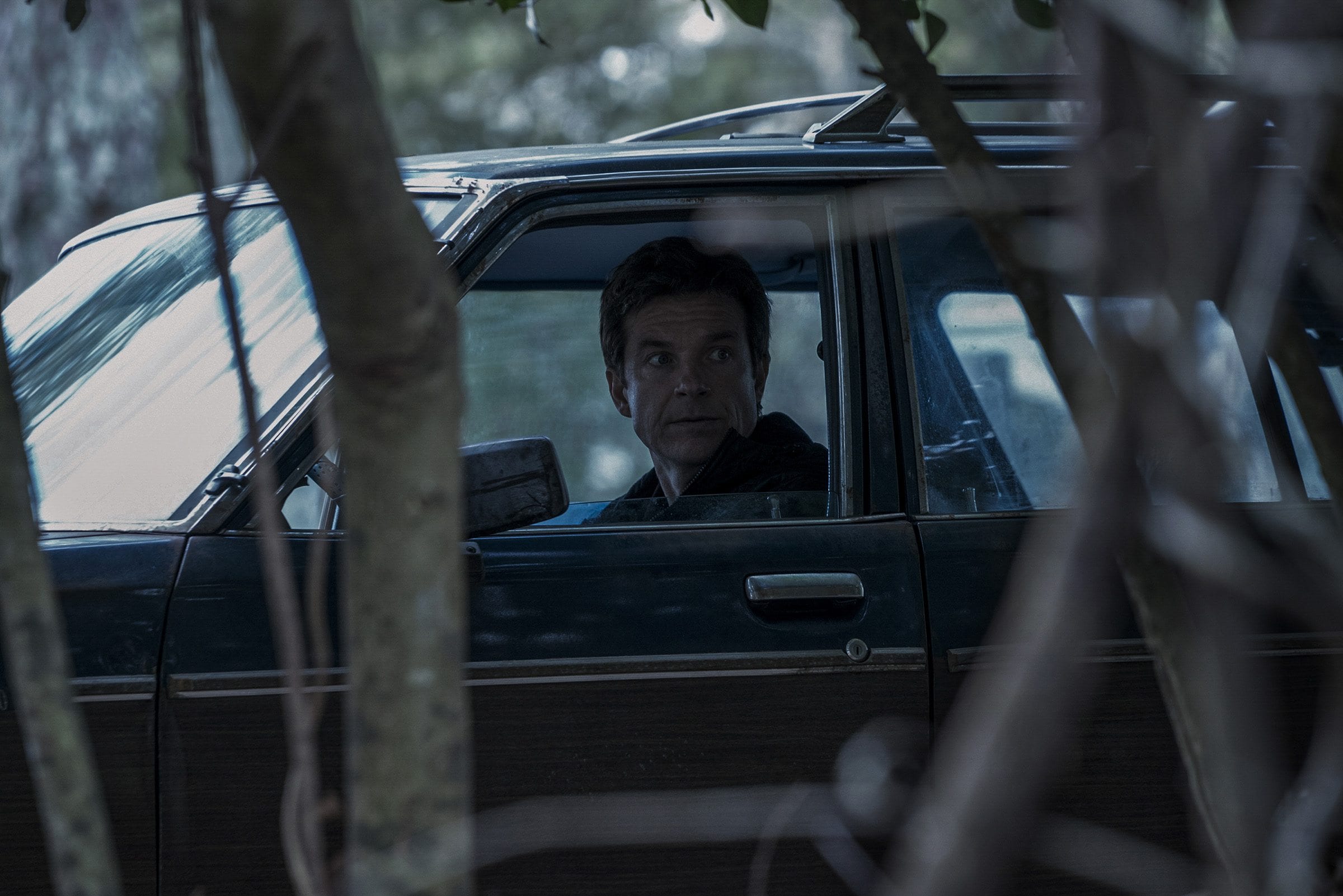
This is where the Breaking Bad elements merge with the series that redefined Bateman’s career, Arrested Development. Byrde’s disruption of his family’s status quo forces them to go on the run to a podunk town they can’t help but look down on, never mind the fact they’re criminals.
Bateman, both as director and lead performer, plays on audience familiarity, subverting the expectations for humor you might expect him to provide, ramping up the stakes and tension without sacrificing any of the family awkwardness. There are still some laughs, but they do nothing to thaw the icy tone of the show.

As a result of this emphasis on awkwardness and anxiety, Byrde’s family isn’t quite as well developed as he is yet, serving instead as a frame for the hollowness that was consuming Byrde even before his life was in unquestionable danger. Laura Linney (The Savages) is peerless as always, utilizing an expressiveness nicely juxtaposing Bateman’s frigidness without seeming hammy.
Sofia Hublitz (Louie) is perfectly cast as their daughter, who has inherited her father’s knack for manipulation along with her mother’s drive. Their son Jonah (Skylar Gaertner), however, is a bit of a blank slate, generically nerdy and withdrawn, but there’s potential for him to grow into an interesting character.
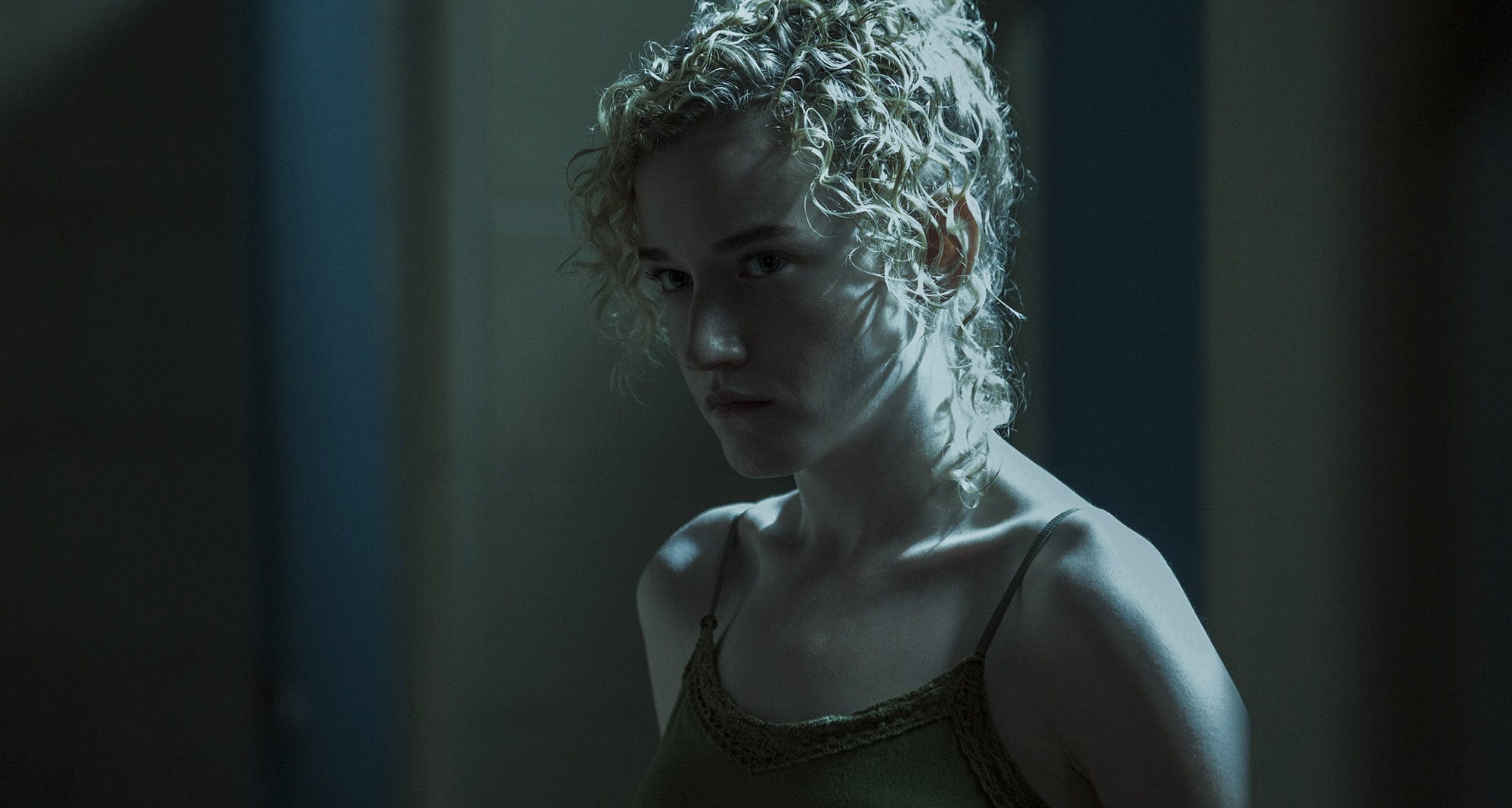
What unifies the Byrdes is their ability to think their way out of trouble, even if they’re to blame for it in the first place. While the pilot mostly has Marty acting in near isolation, the second episode more clearly illustrates the family dynamic and how each member contributes to problem- solving, whether it’s as direct as pointing Marty towards the hideout of a hick criminal gang, or subtly steering him to a perfect front for cleaning funds.
And all throughout both episodes, the Lake of the Ozarks itself stands out, presenting its own dynamic, its own potential, its own obstacles. Bateman and showrunner Bill Dubuque (The Accountant) establish that early on with the Byrdes’ arrival. Marty pulls over to the side of the room, claiming he needs a bathroom break, when in actuality he needs a moment to let his icy facade slip away so he can break down in peace.
What calms him isn’t his family, but an awe-inspiring view of the Lake and its promised coast. And what grounds him is the realization that they’re standing on an incredibly steep precipice, where all it would take is one little slip to bring death.

Breaking Bad got ample mileage out of the expansiveness of the Southwest in its backdrops, but it’s a bold move to imbue a family crime drama with a Malickian flair for the wonders of nature. And it’s not a mere visual trick. There’s a point Ozark seeks to make: even when our troubles loom largest and most oppressive, we’re still just specks on the face of nature.
By acknowledging that, we may not resolve our issues, but at least we’ve put them in perspective. And yet it’s equally important not to lose sight of how easily that beautiful massiveness can swallow us up. I suspect these will be the defining themes of Ozark, with the clashing forces being not just one family against a cartel, but a family against an environment itself, seeking to master rather than be consumed by it.






